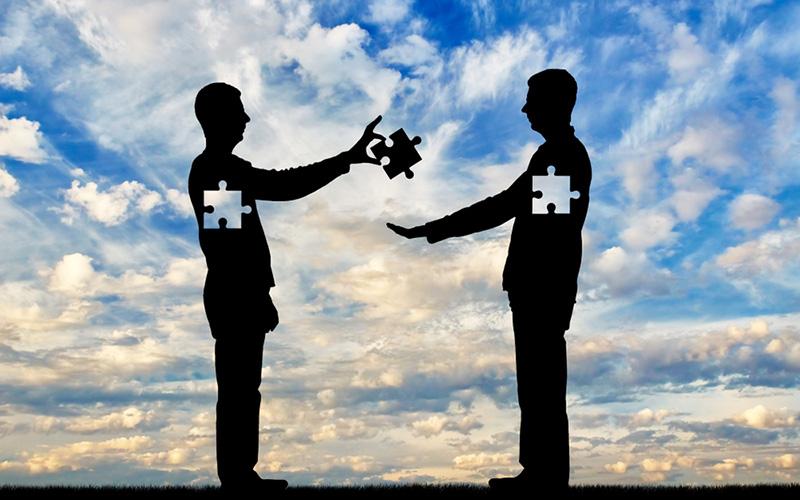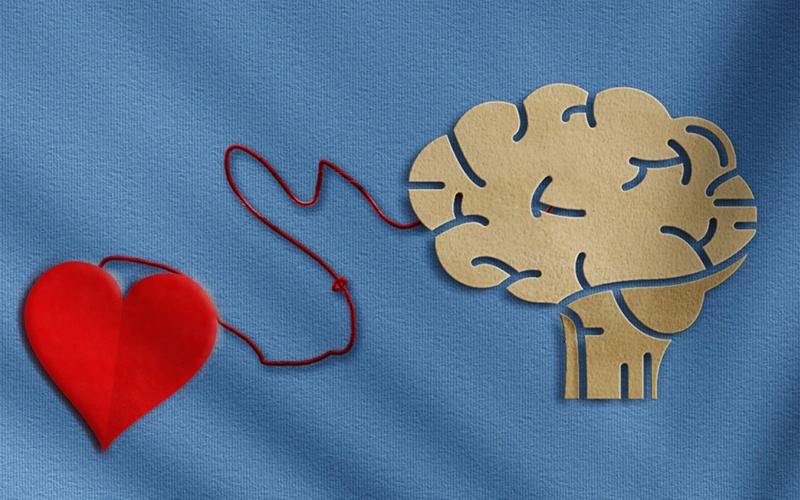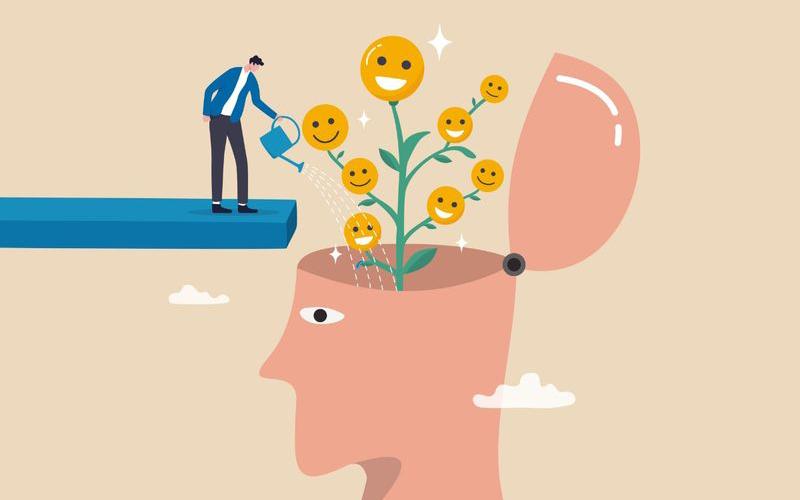Understanding Altruism: Exploring the Power of Selflessness
Altruism is the selfless concern for the well-being of others without expecting personal gain. From offering a helping hand to a stranger to dedicating time to a charitable cause, altruistic acts form the foundation of human cooperation and kindness. But what drives people to act altruistically, and how does it shape our social interactions?
The Science of Altruism
Altruism has fascinated psychologists and sociologists for decades. Studies suggest that altruism is not just a behavior but a fundamental aspect of human nature. When we help others, our brain releases chemicals like dopamine and oxytocin, often referred to as the "feel-good" hormones. These neurochemical rewards reinforce our desire to continue helping others, linking altruism to increased life satisfaction and emotional well-being.
Interestingly, evolutionary theories propose that altruism plays a vital role in survival. By fostering cooperation within communities, altruistic behaviors can strengthen social bonds, increase group survival rates, and build a supportive network that individuals can rely on during times of need. This "reciprocal altruism" suggests that helping others increases the likelihood of receiving help in return—a concept that has helped human societies thrive.
Types of Altruism
Altruism manifests in various forms, each reflecting different motivations and contexts. Kin altruism refers to helping family members and close relatives, driven by an evolutionary desire to ensure the survival of one’s genes. In contrast, reciprocal altruism is when individuals assist others with the expectation of future help, forming a balance of give-and-take in relationships.
Another form is pure altruism, where people help others without expecting anything in return. This selfless behavior is often driven by moral values, empathy, or a sense of social responsibility. Many acts of charity and community service fall into this category, where individuals contribute time, money, or resources to benefit others.
Altruism in Modern Society
In today’s fast-paced world, altruism continues to play an essential role in maintaining social harmony. Whether through everyday acts like holding a door for someone or participating in large-scale charitable efforts, altruism fosters a sense of community and connectedness. Volunteering at shelters, donating to causes, or even offering small favors to strangers are common ways people express their altruistic tendencies.
The rise of social media and crowdfunding platforms has also expanded the scope of altruistic behavior, enabling individuals to contribute to global causes from the comfort of their homes. These digital platforms have amplified the impact of altruism, allowing people to help others regardless of geographical boundaries.
Can Altruism Be Cultivated?
While some people are naturally inclined toward altruism, it is a trait that can be nurtured and developed. Studies show that regularly practicing small acts of kindness can gradually build an altruistic mindset. For instance, starting with simple actions such as helping a neighbor or donating to a local charity can boost empathy and make altruism a more prominent part of daily life.
Additionally, exposure to altruistic role models—whether they are family members, mentors, or public figures—can inspire others to adopt similar behaviors. Altruism is often contagious: witnessing acts of kindness motivates individuals to pay it forward, creating a ripple effect of goodwill in society.
The Benefits of Altruism
Engaging in altruistic acts benefits not only the recipient but also the giver. Research has shown that altruism can improve mental health, reduce stress, and even increase longevity. When people help others, they experience a sense of fulfillment and purpose, contributing to greater happiness and life satisfaction.
Altruism also enhances social connections. Helping others builds trust and cooperation, fostering a sense of community and belonging. This is especially important in today’s world, where feelings of isolation and disconnection are common. Altruism strengthens our relationships and allows us to form meaningful bonds with others.
In conclusion, altruism is a vital part of human interaction that transcends personal gain. Whether through small gestures or large contributions, helping others enriches both individuals and society. By cultivating altruistic behaviors, we can create a more compassionate, connected, and supportive world.



